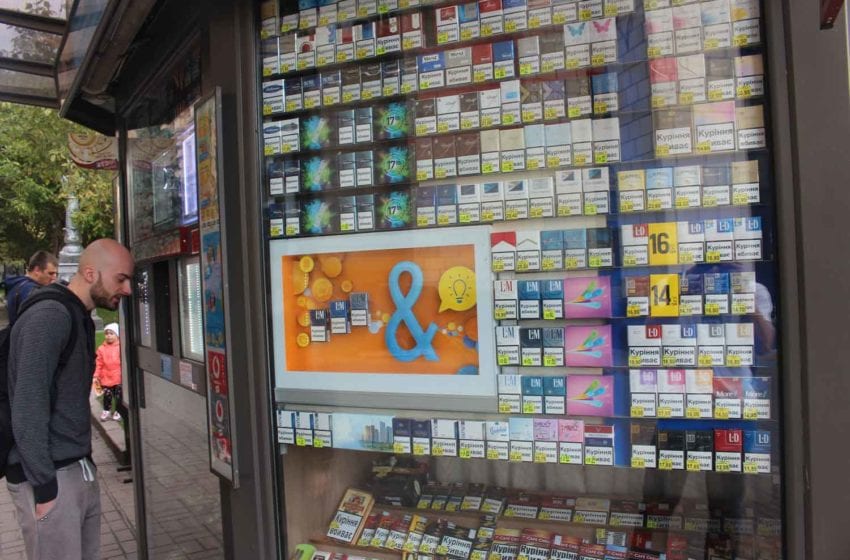The company plans to launch a new, $30 million factory in the Lvov region this year.Read More
Tags :Philip Morris International
PMI prepares to compete with its popular HNB device in the most lucrative nicotine market. Read More
Contrary to what the health department suggest, not all tobacco forms are equally harmful, says Mora Gilchrist.Read More
The smoke-free business now accounts for 39 percent of PMI’s net revenues.Read More
Starting next month, PMI will be free to compete with its bestselling noncigarette brand. Read More
Olczak expresses confidence in local farmers' ability to deliver the required quality.Read More
The resolution of an IP dispute has removed a hurdle to selling the product in the U.S.Read More
The multinational enjoys preferential rates despite being labeled a 'war sponsor' by Kiev. Read More
Gregoire Verdeaux will leave the company at the end of April to pursue other opportunities.Read More
The launch marks the 10-year anniversary of the tobacco heating product.Read More









